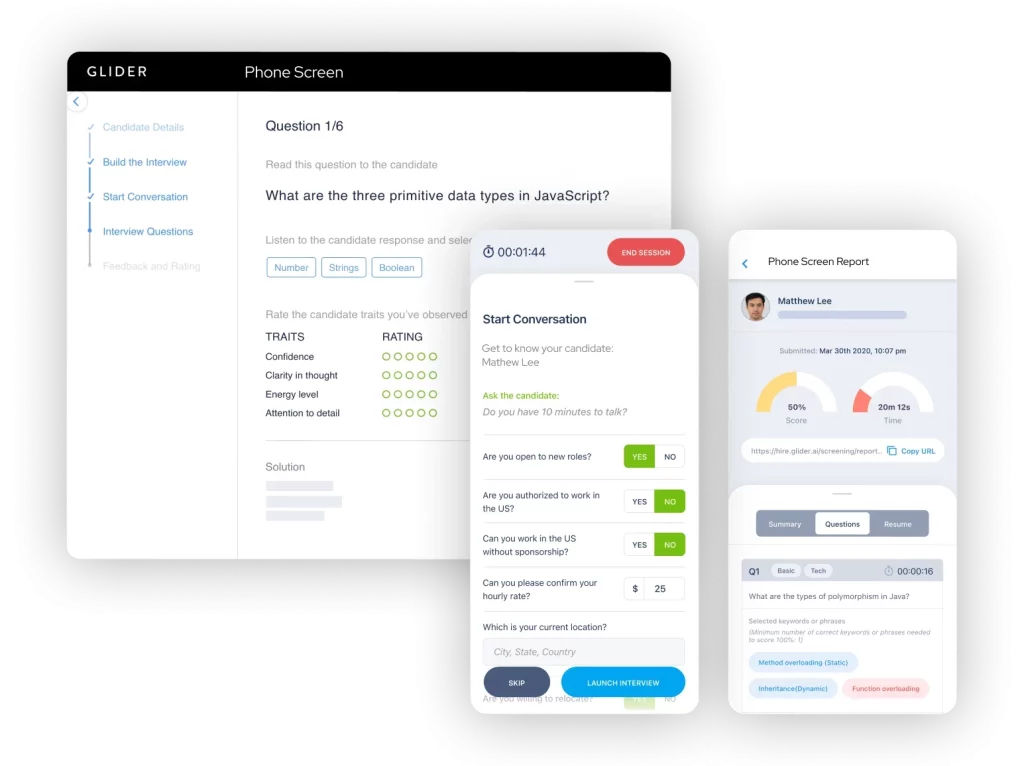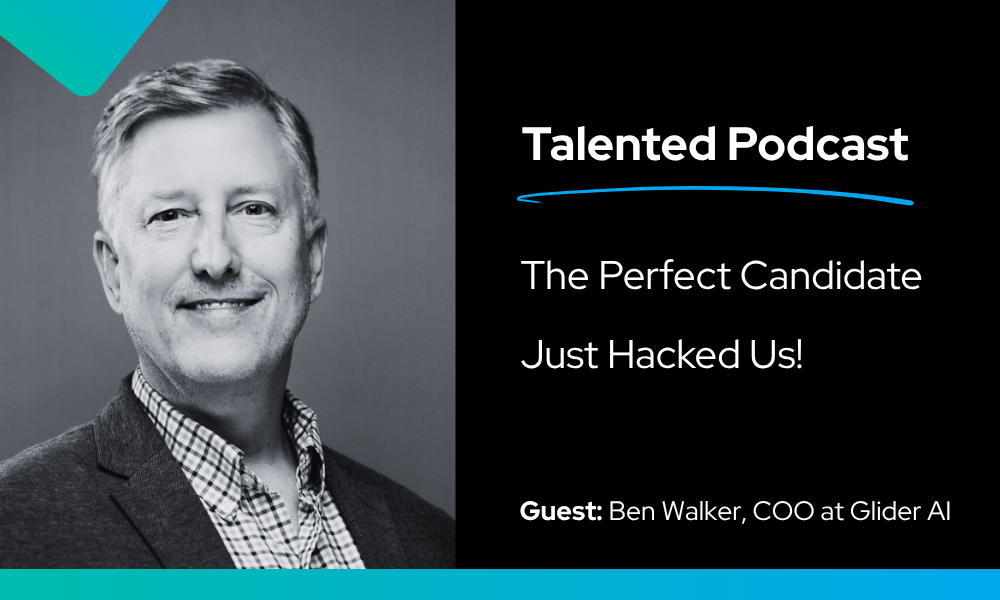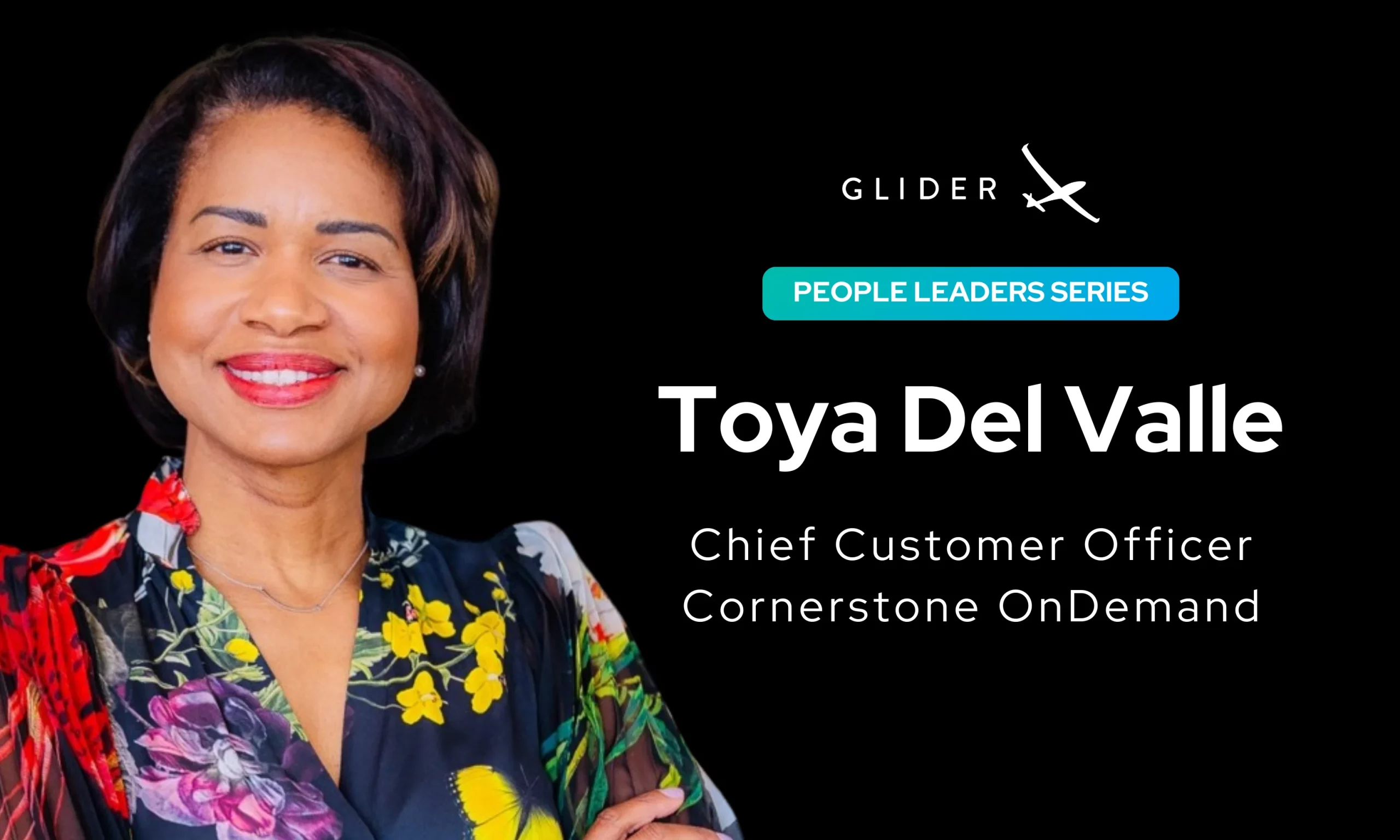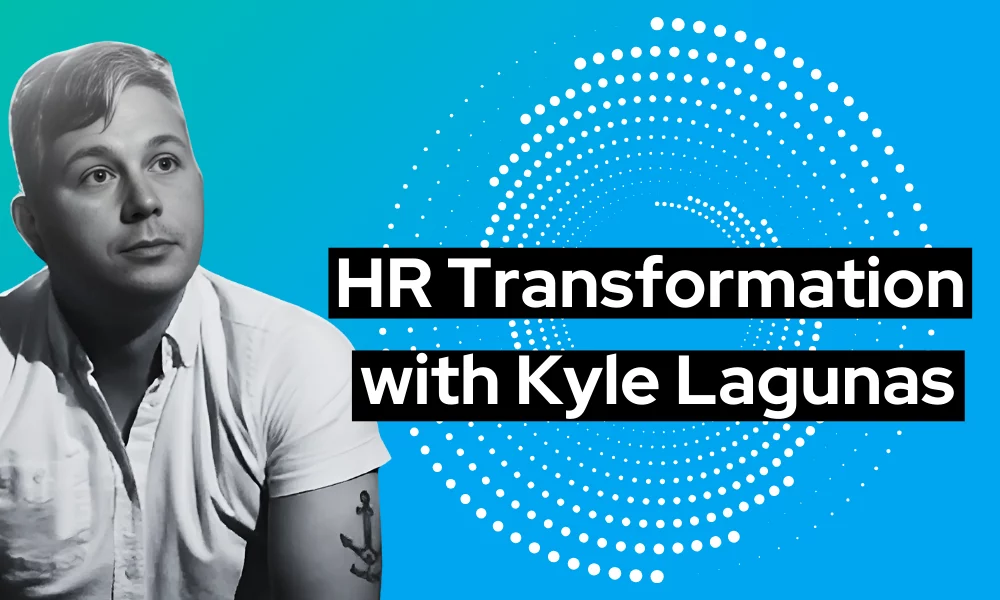
Make talent quality your leading analytic with skills-based hiring solution.

Interview screening is a vital component of the hiring process. When a team has an open position, it can disrupt morale and hinder productivity. This often pressures hiring managers to fill the vacancy quickly. The absence of a team member can lead to a backlog of work and delays, especially if the role is specialized. This scenario is far from ideal for any organization. Therefore, it’s clear why employers might be inclined to hasten the vetting process. However, despite the temptation to speed things up, rushing through hiring is usually not advisable.
A screening interview is a brief preliminary interview used to determine if an applicant is qualified for the position. Its purpose is to assess whether the candidate meets the job requirements and if their credentials align with the role your company is looking to fill.
Typically, a screening interview involves a quick review of the candidate’s employment and educational background, along with a few targeted questions. These questions focus on the applicant’s qualifications, salary expectations, and availability. Screening interviews can be conducted over the phone, via video chat, or in person. The outcome of this process will determine if the candidate advances to the next stage of the interview process.
A screening interview is a specific step in the hiring process where the recruiter evaluates the applicant’s suitability for the job. It helps decide whether to include the candidate in the shortlist for further interviews. This is usually the initial interview a candidate undergoes when applying for a position.
The hiring process is often time-consuming, and it’s important to ensure that the candidate is a good fit before investing further time and resources. Screening interviews are crucial for effectively vetting job applicants, helping to avoid wasting both your time and the candidate’s time. Rushing or skipping this step can lead to negative consequences that outweigh any immediate benefits. While a new hire might start quickly, this won’t matter if it later turns out they misrepresented their qualifications or omitted important information during the interview.
Beyond the financial aspect of finding a replacement, a bad hire can also negatively impact your team. While an open position can be frustrating, thorough candidate vetting is less costly and stressful in the long run. Proper screening helps ensure that the right person is brought onto the team, benefiting the organization overall.

For small hiring teams or large companies with many open positions, streamlining the hiring process is crucial. Leveraging AI technology can make faster hiring decisions possible. AI allows recruiters to create tailored interview questions, evaluate and score responses, and present ranked candidates with detailed reports to clients, ensuring efficient and high-quality hires.
Learn more about how AI powered screening interviews can help reduce time
Before conducting screening interviews, recruiters should complete several preparatory steps:
These questions aim to gather essential information while assessing the candidate’s suitability and enthusiasm for the role and organization.
Check out our FREE skill tests library to assess candidates
A well-executed screening interview is your best defense against unnecessary interviews. Without it, there’s a risk of senior team members investing time in interviewing candidates who, despite looking good on paper, aren’t suitable for the role. The purpose of a screening interview isn’t to finalize hiring decisions but rather to identify candidates who definitely won’t progress to the next stage. It ensures that only the most promising candidates proceed to further interviews.
Define Priorities
Consider your immediate hiring needs. For instance, if you require someone to start soon, a candidate with a lengthy notice period may not be suitable. Assess whether you prioritize specific qualifications, such as full-time experience or relocation flexibility, or if you’re open to accommodating exceptional talent.
Engage in Discussion
The screening call isn’t just about candidates answering questions; it’s an opportunity for you to clarify job details and the hiring process. Ensure candidates leave the call fully informed about the role and aware of what comes next. As a recruiter, this involves coordinating with hiring managers to provide comprehensive explanations.
Review Their Resume
Thoroughly reviewing candidates’ resumes is essential. It not only demonstrates respect but also allows you to verify information and address any gaps or queries during the interview.
Avoid Bias
Maintain objectivity during the screening interview to accurately assess each candidate’s suitability. Bias can compromise the effectiveness of the interview process. Whether you’re overly impressed by a candidate’s credentials or have reservations based on their application materials, strive to evaluate each candidate fairly and impartially to avoid making biased decisions.
After conducting the screening interview, the next step is to determine which candidates will proceed to a second interview. Review your notes and select those who best meet the hiring criteria and align culturally with the organization. If there is a hiring manager for the position, share and discuss your screening interview notes with them for additional insights.
Candidates who meet the educational and experiential requirements but exhibited concerns should be evaluated carefully. Even if they have differing preferences in work environment or management style, their possession of essential hard skills may warrant consideration for a second interview.
Screening job applicants effectively is a crucial yet often underestimated aspect of finding the right candidate. Rushing through or skipping this process entirely can lead to more harm than good. Time equates to money, so optimizing your screening procedures to save valuable HR hours can yield significant cost reductions. Here are practical steps to save time, approximately an hour per candidate:
Define a Clear Candidate Profile
Begin by establishing a robust competency profile before advertising the position or conducting interviews. Define the specific skills, educational background, experience, and abilities required for the role. Consider interviewing individuals currently in similar positions to refine your job search criteria.
Ask yourself:
Pre-Screen Candidates
Once applications start coming in, initiate a thorough pre-screening process to filter out unsuitable candidates early on. Avoid wasting time interviewing applicants who do not meet requirements or fit the company culture. Employ rigorous methods such as application reviews, phone screenings, and automated CV checks to swiftly gather pertinent information.
Utilize automated processes to streamline data collection and efficiently narrow down the candidate pool to the most qualified individuals. This approach ensures that only the best-suited candidates proceed to further stages of the hiring process, saving time and optimizing resource allocation.
Interview screening is essential to identify suitable candidates early in the hiring process, saving time and resources while ensuring you find the best fit for the role. Using advanced tools like Glider AI can enhance the efficiency and effectiveness of your screening process, ultimately leading to better hiring outcomes. By asking the right questions, and leveraging technology, recruiters can significantly improve the quality of their hires and reduce the time and cost associated with the hiring process.

“The Perfect Candidate Just Hacked Us”: Inside the Global Playbook of Hiring Fraud That 100% test score might be your biggest red flag. Enterprise breaches don’t always start with phishing emails; sometimes, they start with a fake job interview. In this episode of Talented, Joseph Cole sits down with COO Ben Walker to unpack one […]

Can HR Stop Playing Buzzword Bingo with Skills and AI? If you’re an HR or TA practitioner or work in HR Tech in any capacity, AI and Skills-Based Hiring is what everyone is talking about. The problem? All the talk is diluting the importance of two very interrelated topics. Glider AI sponsored the Transformation Realness […]

Q&A with HR/TA Analyst Kyle Lagunas The traditional playbook that was HR is being rewritten. AI is reshaping work, skills-based strategies are transforming hiring, and HR teams are under pressure to deliver more with less. HR isn’t just about managing people anymore—it’s about engineering the future of work. In this Q&A session, Kyle Lagunas and Joseph […]